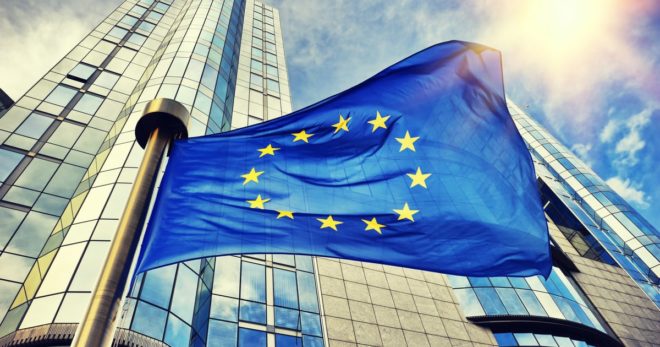Web3 technology is becoming increasingly pervasive in mainstream industries, raising important questions about the ethics needed to operate in the space. During the second day of Paris Blockchain Week 2023, a panel of professionals from the Web3 ecosystem took to the Venus de Milo stage to discuss the “Ethics of Web3.”
The panel was moderated by Moojan Ashghari, co-founder of Thousand Faces Web3 investment club. Ashghari opened the discussion by stating that the ethical framework or standard of technology will always lag behind the introduction of the technology. He emphasized that the biggest challenge of ethics is determining the right questions to ask in order to ensure that the technology does not harm us in the near or far future.
The panelists unanimously agreed that innovation typically comes before any ethical standard is implemented. Margaux Frisque, co-founder of and legal adviser to the Women in Web3 Association, highlighted the upcoming Markets in Crypto-Assets (MiCA) framework in the European Union as an example of turning ethics into law to protect people and innovation.
Frisque explained that the MiCA framework was inspired by feedback from past operations and will soon oblige businesses to segregate the funds of their clients from other bank accounts. She praised this as an example of good behavior that has been turned into hard law to protect people and innovation.
Paris Blockchain Week also hosted an entire panel discussion on the upcoming MiCA regulations, during which industry experts and regulators discussed the implications of European lawmakers’ proposals. While the proposal has faced several delays, it is set for a final vote in April 2023.
Loic Brotons, CEO of Galeon, echoed the sentiment that behavior influences ethics. He pointed out that “mixing innovation and ethics is a bit complicated” and that innovation typically comes first. He used the FTX scandal as an example, where the lack of verification led to problems. He stated that exchanges are now providing proof-of-reserves so that people can follow the money and verify their trust.
In conclusion, the Ethics of Web3 panel at Paris Blockchain Week highlighted the importance of implementing ethical frameworks in the Web3 ecosystem to protect people and innovation. The MiCA framework in the European Union was cited as an example of turning ethics into law to achieve this goal. As the Web3 ecosystem continues to grow and evolve, it is crucial to consider the ethical implications of new technologies to ensure their responsible and sustainable use.



